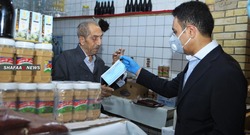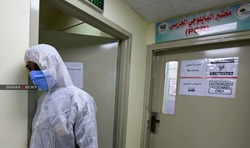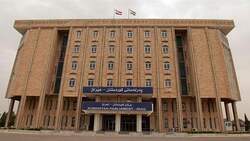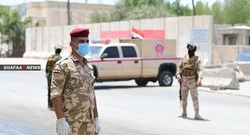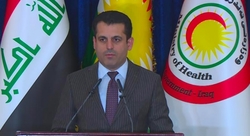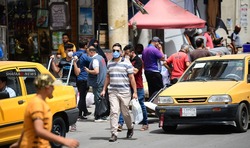F-16 mosquito-attacks in Basrah
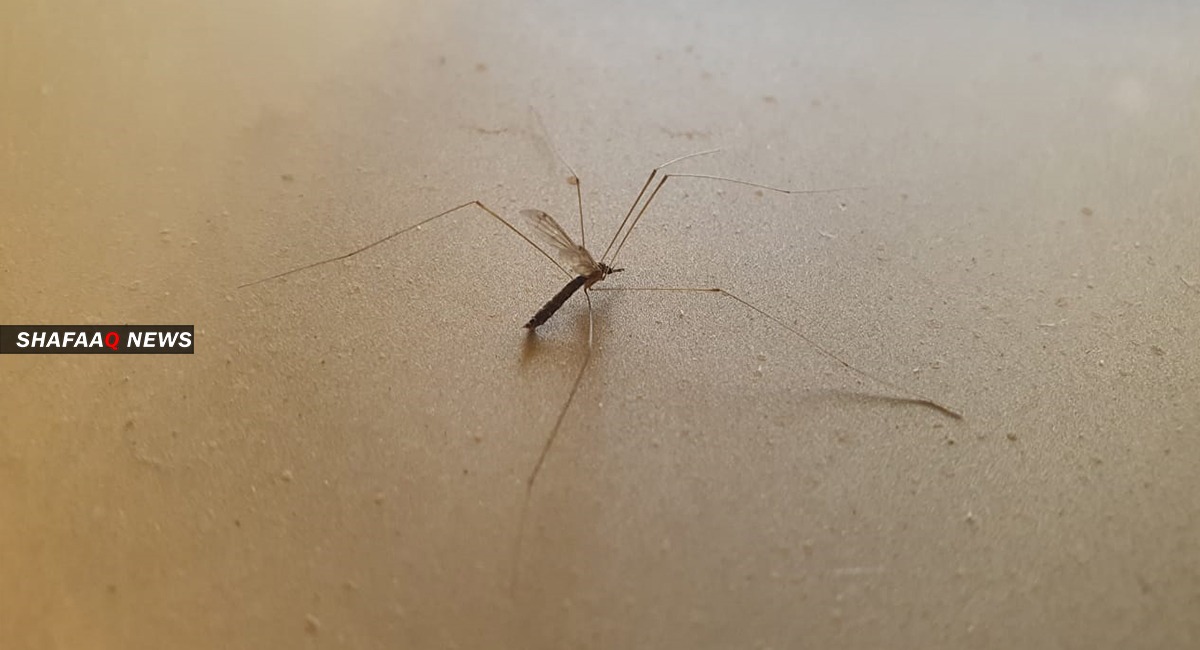
Shafaq News/ The agony of Basrah is no longer limited to the salinity of water and the failure of successive governments to provide clean potable water, as calamities continue to occur on daily basis due to lack of services and poor infrastructure of the city.
A new misery is added to the misfortunes of Basrah inhabitants. lakelets of stagnant water attracted tremendously large mosquitoes people compare to F-16 aircrafts.
Abu Ahmed describes the tragic reality of the people of Tuba and Nakhila (in the middle of Basrah). Attracted by putrid water lakelets, large swarms of voluminous mosquitoes occupied the city causing skin infections, as by Abu Ahmad, whose own children contracted skin infections as well.
Abu Ahmad continues to Shafaq News agency, "the healthcare staff is focused on Covid-19 pandemic and forgot other epidemics in Basra; most of which are due to strange insects that emerge in high temperatures. We have pictures of these insects that we hope to show to specialists in the environmental and health institutions in Basrah".
Shafaq News agency was provided with photos of these insects by some of Abi Al-Khaseeb (south of Basrah) people; where citizens describe large mosquitoes that grows in polluted agricultural lands. As Abu Nargis says to Shafaq News agency, “we nickname the mosquitoes: Apache and F-16 because of its large sizes and sharp stings". He added, “We are surprised how these insects appear and grow during coronavirus (COVID-19) outbreak”. Abu Narjes urged the Health-care professionals consider the “Apache" spread in Abi Al-Khaseeb.
Abu Mohsin, mayor of one of Basrah’s districts, says that, "There is a shortfall in pest control campaigns this summer. Even if such campaigns were available, it would be limited to certain regions", adding that, "Shatt al-Arab district is over-populated. Healthcare professionals and local government have to intervene in order to control the prevalence of different types of mosquitoes and insects that multiply in the warm weather of Basrah (more than 52 Celsius degrees)".
Um Firas from Al-Ma’qal (in the middle of Basrah) complains from rashes her children developed after being stung by mosquitos proliferating in rivers near the area, indicating that, "the color of the water turned red, due to pollution and sewage. Mosquitos and other insects' bites have caused skin diseases in adults and children."
Abu Zahraa, a resident of Al-Qibla, believes that, "anti-mosquito campaigns stopped after the outbreak of Covid-19", he explains that, “some medications were proven futile. The local government and the Environment and Health Department must launch control campaigns, to combat the mosquitoes attacking our children”.
Basra is the third-largest city in Iraq and located in the far south of the country on the West Bank of Shatt al-Arab. Basra is also the economic capital and houses around 1.5 million inhabitants, according to 2014 estimates.
